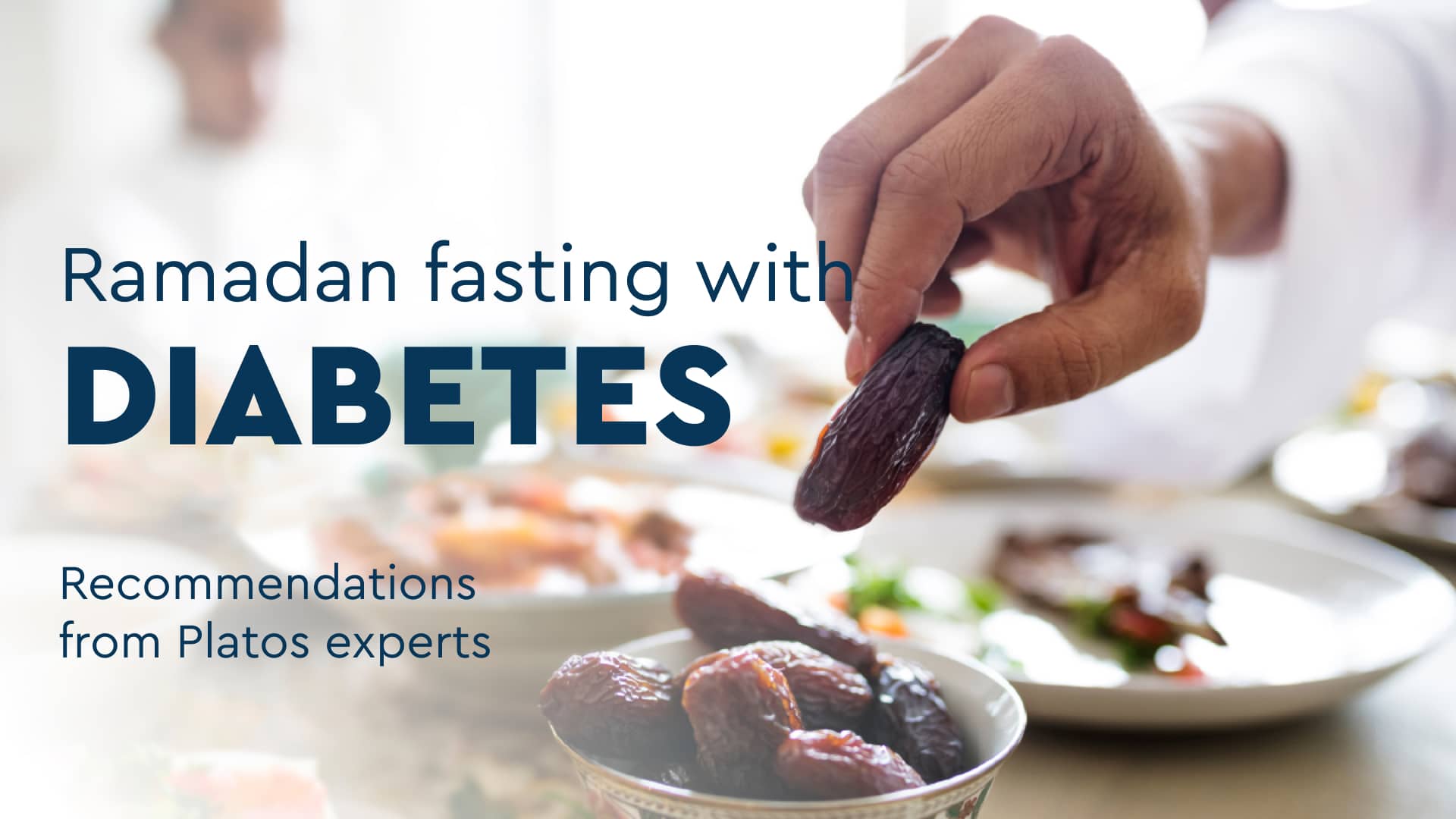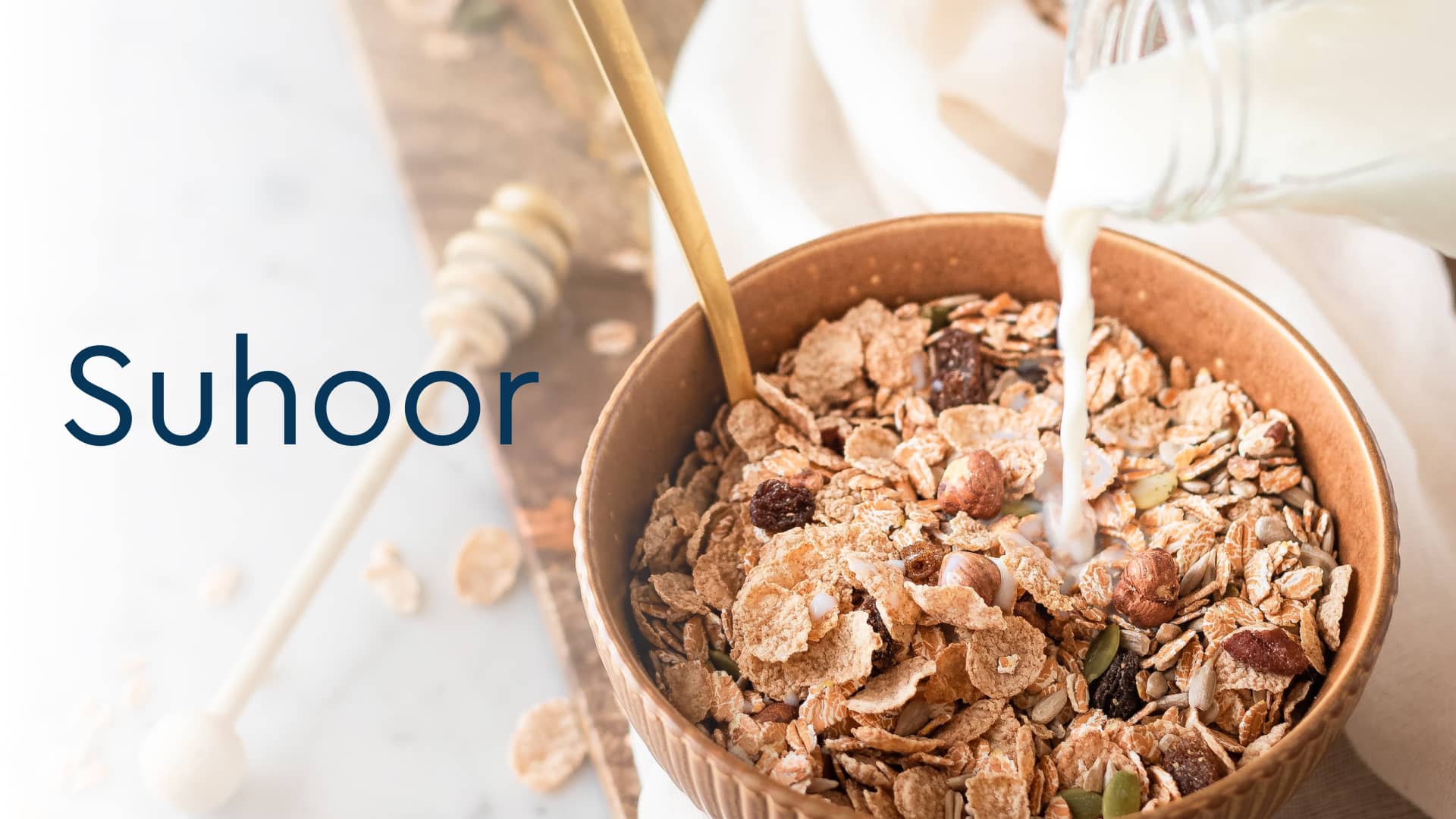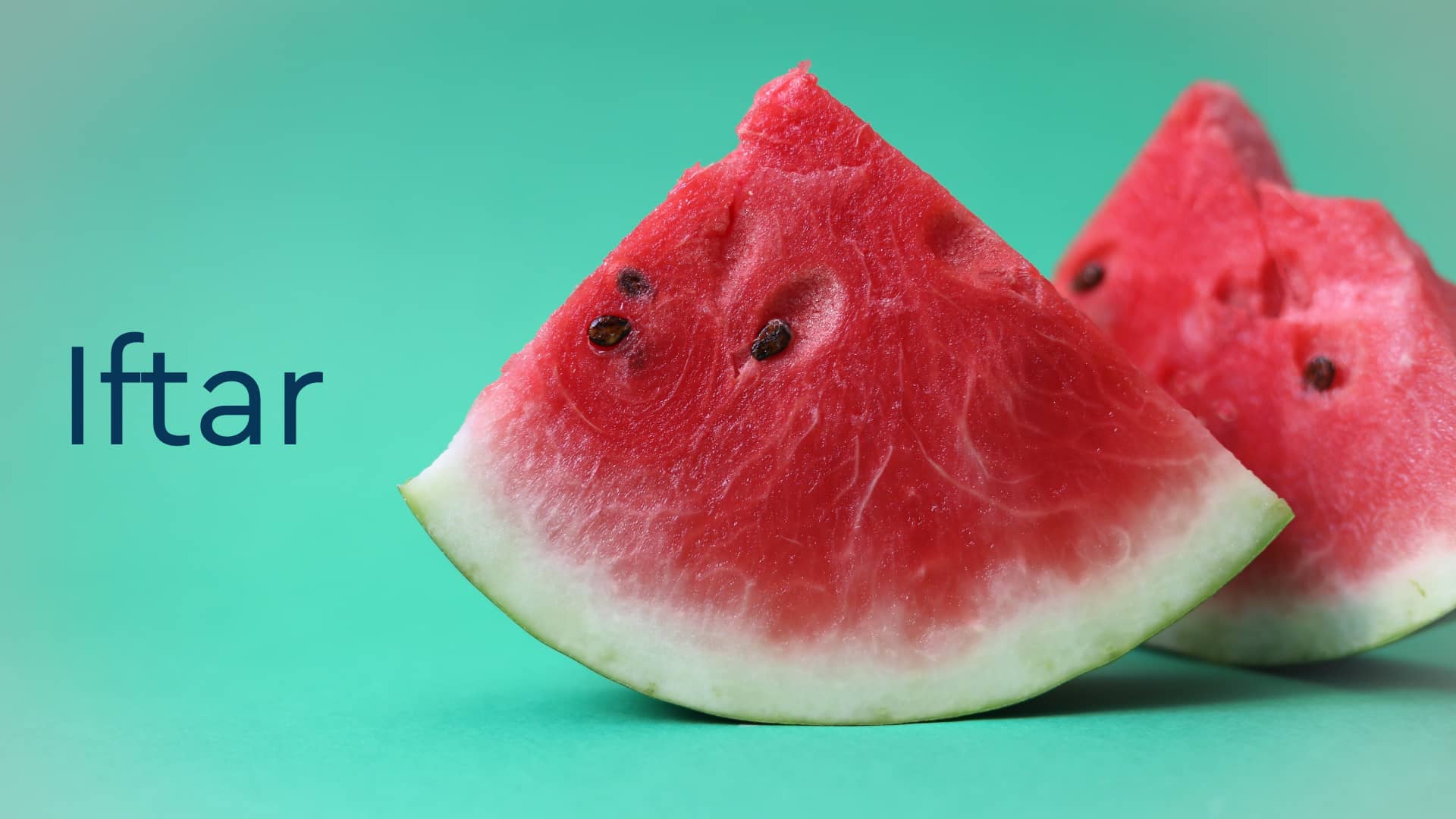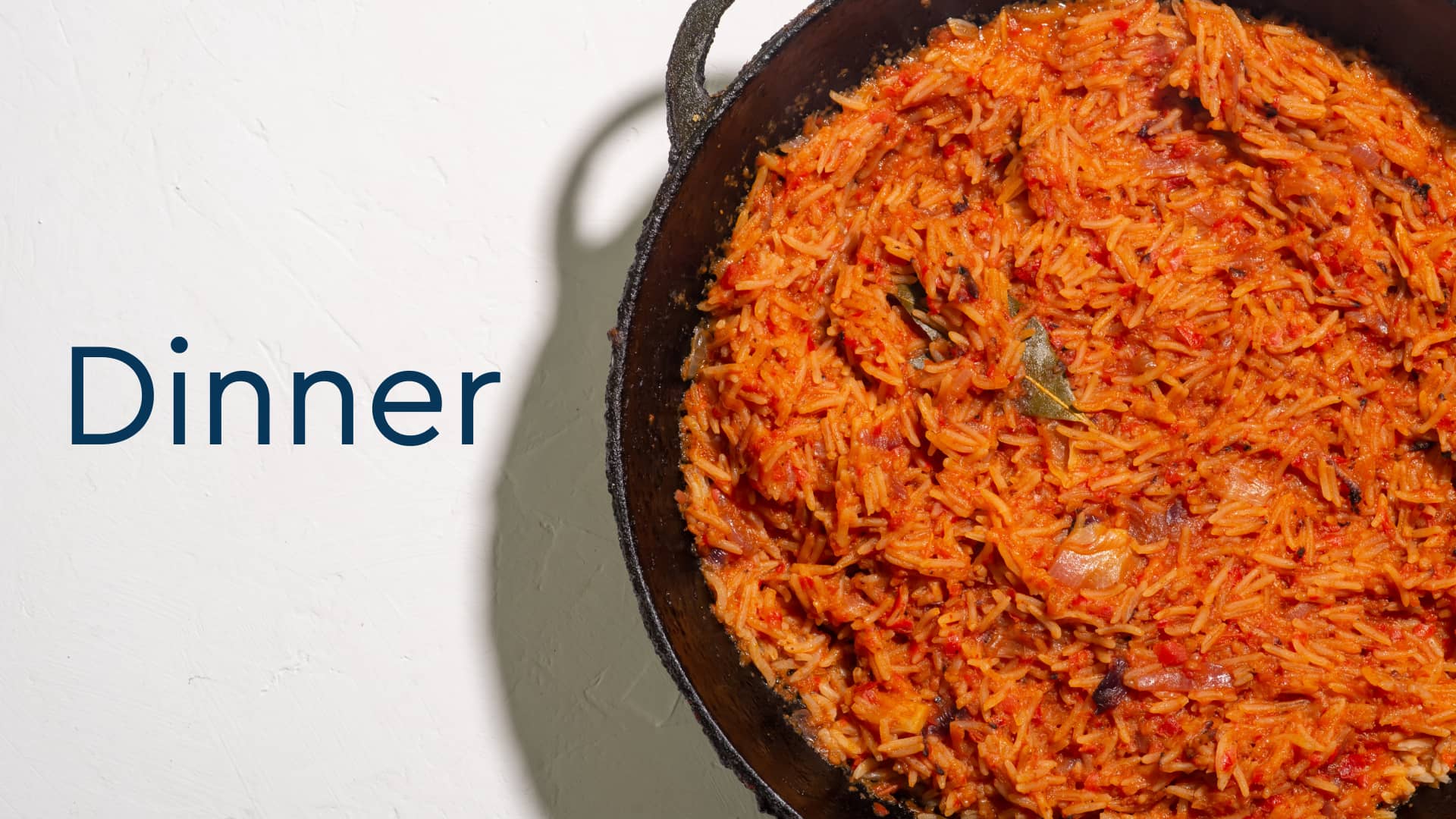Ramadan Fasting With Diabetes

Fasting is an important practice for most religions in which people abstain from eating food — and sometimes drinking for some period daily, and acts as a time for prayer and reflection.
For people who have chronic diseases like diabetes, the decision on whether to fast or not should be dependent on your health status.
As the holy month of Ramadan begins, Platos health is committed to helping Muslim faithfuls with diabetes observe their fast in the healthiest way possible.
Can you fast with Diabetes?
Your decision to fast is a personal choice, but you should endeavour to inform your doctor or care team to ensure you are adequately prepared to take care of yourself during your fasting period.
If fasting puts or will put your health at risk, you are exempt, which means you don’t have to take part. In cases like your symptoms worsening, experiencing diabetes complications such as damage to your eyes or nerves or treating your diabetes with insulin, you should exempt yourself.
You shouldn’t feel bad about exempting yourself; you should instead go to your spiritual leader for guidance. Remember that usually, people who are unwell don’t have to fast.
Are you at risk when you fast?
The length of continuous fasting determines the changes in your body as your body will initially use stored sources of glucose before breaking down body fat as the next source of energy.
The possible risks of fasting with diabetes are dependent on the following;
- The type of diabetes you are living with
- Your blood sugar control
- The kind of medication you use
- Diabetes complication.
If you treat your diabetes with insulin, when you fast, there is a risk of your blood sugar becoming low- hypoglycemia.
There is also the risk of your blood sugar getting too high, known as hyperglycemia, that could lead to could lead to diabetic ketoacidosis, a condition which requires hospital treatment.
You should break your fast and treat yourself in low or high blood sugar cases. Discussing your plans with your care team gives you the knowledge to care for yourself during this period.
Tips to help you fast safely
Platos health aims to empower you to understand your condition and live a healthy life despite your diagnosis. In line with this commitment, here are a few tips to help you as you fast for Ramadan or other religious reasons.
- Talk to your doctor or dietitian before you fast.
- Check your blood sugar often.
- There can be a risk of dehydration or hypoglycaemia, so check your sugar level if you feel funny or dizzy.
- Drink plenty of water in the morning, while breaking your fast and before bedtime.
- Eat hydrating fruits such as watermelon, apples, berries and dates.
- Avoid caffeinated drinks such as coffee and tea because caffeine can make you urinate more often, which may lead to dehydration.
- Avoid fizzy drinks with sugar.
- Incorporate plenty of vegetables to provide vital vitamins and nutrients.
- Choose whole grains, which provide the body with energy and fibre.
- Enjoy grilled or baked lean meat, skinless chicken and fish to get a good portion of healthy protein.
- Avoid fried and processed foods high in fat or sugar.
- Enjoy your meal and avoid overeating by eating slowly.
- Limit the consumption of foods rich in fat, especially fatty meats, foods made with puff pastry, or pastry with added fat/margarine or butter.
- Rather than frying, use other cooking methods such as steaming, cooking in sauce, or stir-frying in a small amount of oil.
- Try to move as much as possible and to be active in the evenings, for example, by going for a regular daily walk.
What to eat
Here are some Nigerian food options recommended by our registered dietitian, Ogunlana Olubanke for you as you fast.

Breakfast
- Oat/pap+ milk (low fat),
- Oat/Pap + moimoi
- Oat/pap + Efo riro,
- Wheat bread + vegetable salad
- Agidi/Eko + vegetable soup

To break your fast
- Water
- Watermelon
- Dates
- Apples
- Smoothie
- Greek yoghurt

Dinner
- Brown rice + vegetable
- Jollof / fried rice + vegetable salad
- Amala/wheat + okra/ewedu/vegetable soup
- Beans porridge
- Basmati rice
- Potato porridge
Remember to log your biomarkers and food with your Platos app during this period. If you have any concerns or questions, you can discuss them with your care team and understand the best way to stay healthy and manage your condition during this period.
Ramadan Mubarak!